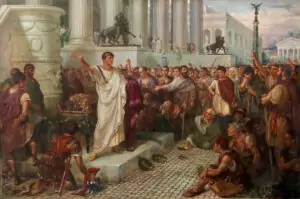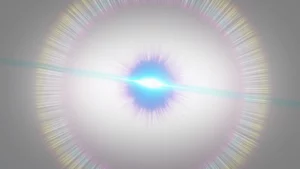What is the best form of education one can receive? Should it be comprehensive or selective? And, does age play a role in education?

✅ AI Essay Writer ✅ AI Detector ✅ Plagchecker ✅ Paraphraser
✅ Summarizer ✅ Citation Generator
The best form of education one can receive largely depends on the age of the student and the learning style of the student. In fact, I do not believe there is one clear answer. Teachers have to assess students on an individual basis, not on universal criteria set by governments. Ideally, though, education should start comprehensively and eventually become selective.
The standard education systems we have across the globe do start from being comprehensive to gradually being selective. But, I believe this process can be accelerated. It usually takes up until master programs to truly get selective within education. I think it could be a lot earlier: from the junior year of high school. All the education leading up to the junior year of high school prepares students for a general knowledge in mathematics, science, art, language, and other essential studies. But beyond these essentials, learning more about these subjects could be rather useless or a time waste, if one wants to make the most out of one’s career-centered education (we go to school to eventually have a productive career).
In education, we should be focused on each student and his or her strengths and weaknesses. Based on each student’s learning style and attributes, we can develop different curriculum.
I will take an example from my own life. I was keen on creative writing in high school and was often bored with other subjects. I deemed them many things: unnecessary to learn, monotonous, or false (mostly in the case of history). I performed poorly in science, history, and mathematics, as I did not see how they would help me write better poems, plays, short stories, and novels. I did not realize at that time that having a fundamental knowledge in these disciplines is important to write good science fiction, action novels, and even poetry. But the basics is all that I needed. If I wanted to write a space opera, I could study certain areas of physics and cosmology on my own.
So, since I knew I wanted to be a writer, there was no use in studying mathematics, science, and history beyond sophomore level high school classes. If my career would involve only writing, why would I want to spend countless hours finding solutions to calculus problems, of which I will never put to use? I should have concentrated on enriching the discipline I had chosen for my career.
I believe from the start of the junior of high school, classes should be only focused on the career choice one has chosen. There should also be programs to help students choose career paths before their junior year, which will convert into a more focused university study as well. Waiting until master programs to finally dive into our chosen career seems ludicrous to me, especially coming from someone who knew what they wanted to do from an early age and took no interest in practically anything else.
Follow us on Reddit for more insights and updates.





Comments (0)
Welcome to A*Help comments!
We’re all about debate and discussion at A*Help.
We value the diverse opinions of users, so you may find points of view that you don’t agree with. And that’s cool. However, there are certain things we’re not OK with: attempts to manipulate our data in any way, for example, or the posting of discriminative, offensive, hateful, or disparaging material.